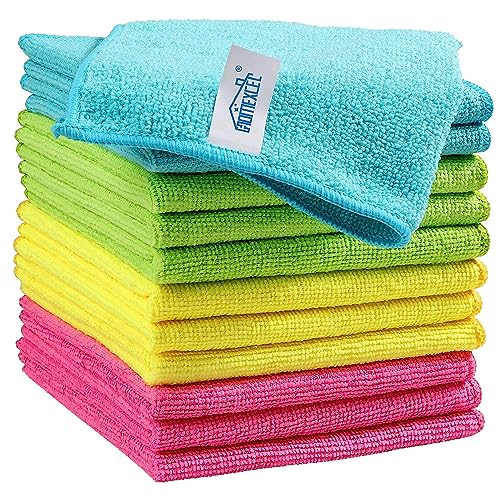6 things you can clean with citric acid around the house – plus, it's eco-friendly and reduces the need for harsh chemicals in your home
Professional cleaners love using this natural cleaner around the house
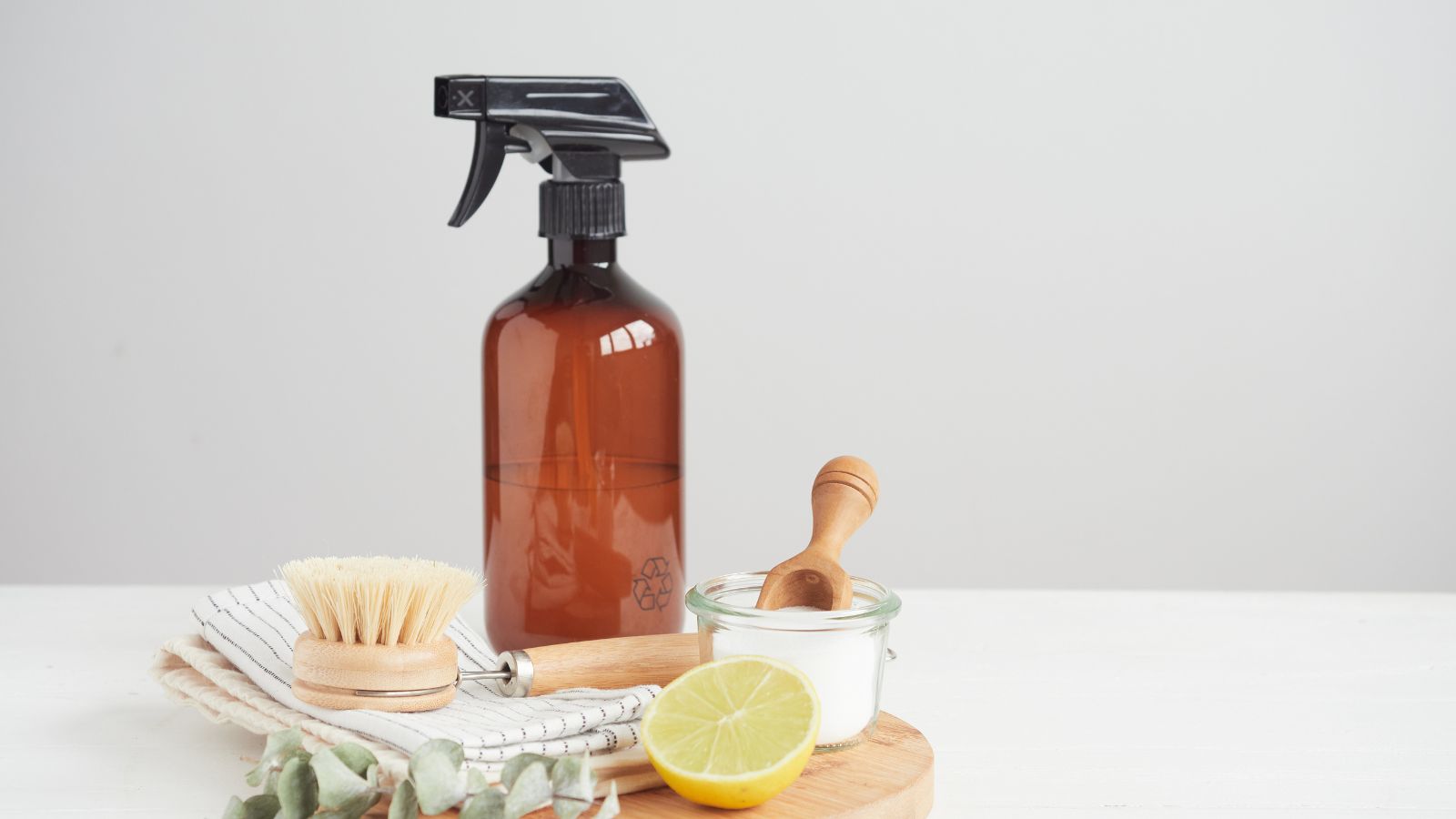

Citric acid, which is naturally occurring in citrus fruits, has become an increasingly popular all-purpose cleaning ingredient due to its effectiveness and being eco-friendly.
While many traditional cleaners and sprays use the scent of lemons or oranges to freshen surfaces, citric acid, also available in powder form, harnesses powerful cleaning capabilities without the need for harsh chemicals.
From shining your bathroom to deep-cleaning your coffee machine, our professional cleaners reveal six of the uses for this handy cleaning ingredient, and they're a shoe-in for cleaning your house fast.
Six things you can clean with citric acid
1. Bathroom fixtures
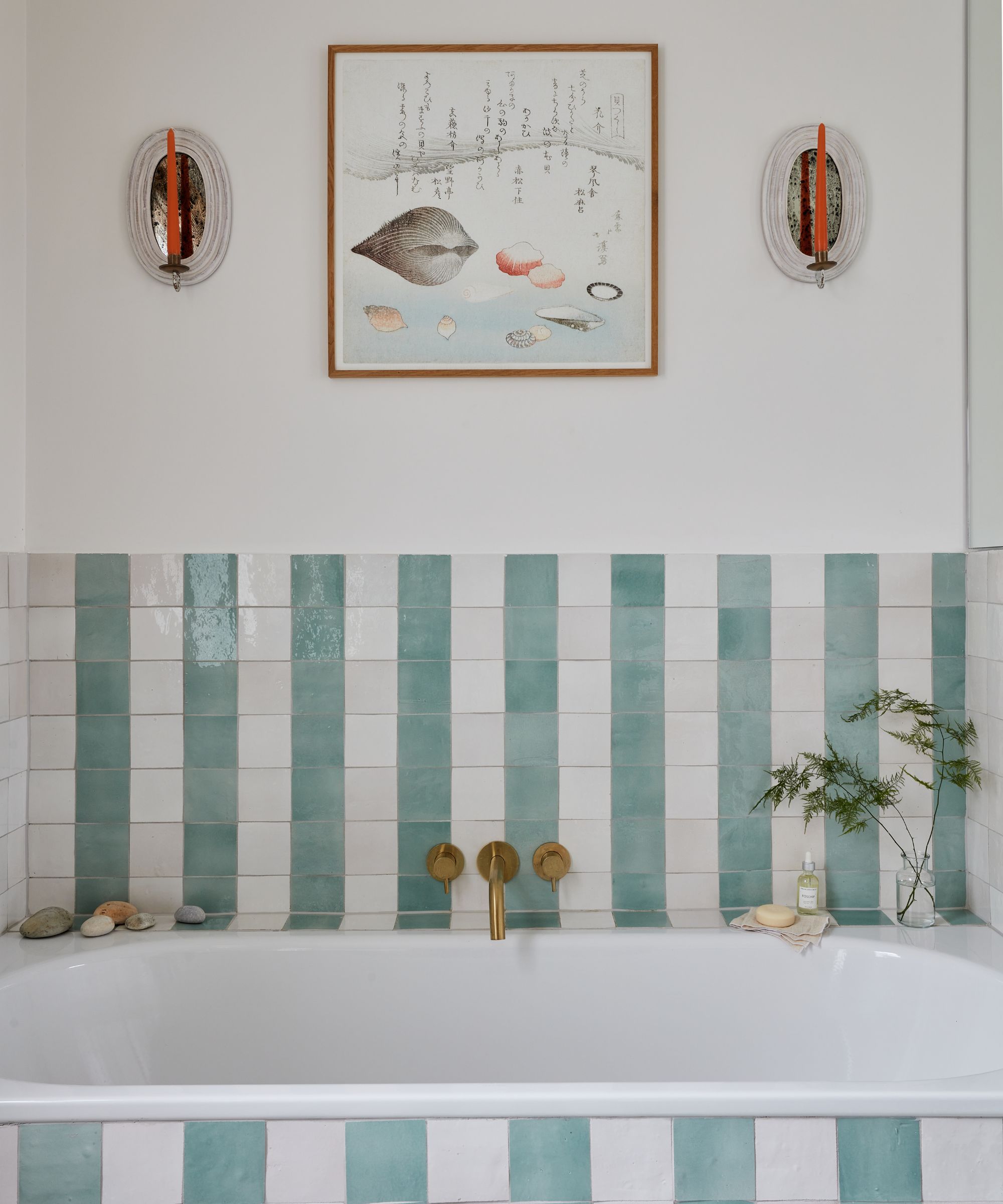
Wondering how to clean a bathroom? Due to its natural abrasiveness, citric acid works well for cleaning bathroom fixtures by banishing bacteria and making them shine. We recommend using the Earthborn Elements Citric Acid available at Amazon, as it's food grade and 100% natural.
'As a 30-year veteran in commercial cleaning, I often use citric acid solutions for restroom fixtures like toilets, urinals, sinks, and partitions,' says Austin Jones, CEO of Millennium Facility Services. 'A diluted citric acid solution cuts through soap scum, hard water stains, and disinfects surfaces.'
To make an effective cleaning solution, simply mix one level tablespoon of citric acid per cup of water in a spray bottle. We recommend the Harris Chemically Resistant Professional Spray Bottles from Walmart for this, as they have a fully adjustable nozzle and ounce measurements listed on the bottle, making it easy to measure the correct ratio of water. Then, spray the solution, leave to sit and wipe clean with a microfiber cloth.
It's also great for limescale and other stains. Alessandro Gazzo, professional cleaner at Emily's Maids of Dallas says, 'It's great for removing toilet stains as well. Just add citric acid until it sticks to the toilet rim, let sit overnight and scrub the next day with your toilet brush.'
Design expertise in your inbox – from inspiring decorating ideas and beautiful celebrity homes to practical gardening advice and shopping round-ups.
2. Coffee makers and kettles
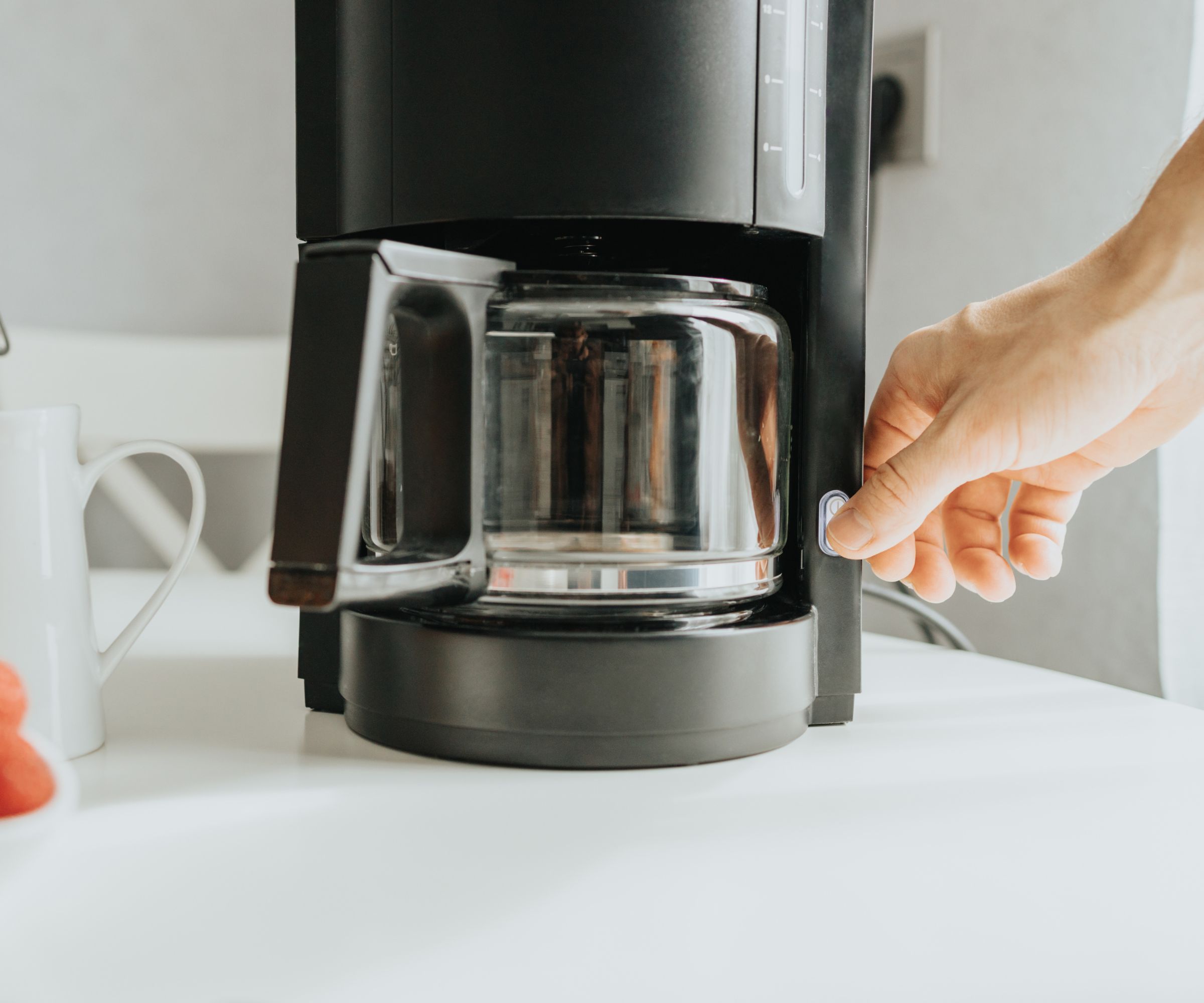
Coffee makers and kettles are notoriously difficult to clean: they're quick to build-up with limescale and difficult to keep stain-free and smelling fresh.
'One of the best uses for citric acid is getting rid of limescale in coffee makers or kettles,' says Daniel Brown, cleaning expert and CEO of Handy Cleaners. 'Simply mix one tablespoonful of citric acid with one liter (about two pints) of water, run through the appliance and then rinse very well. Not only does this remove build-up but it also makes coffee taste nicer too because calcium deposits are dissolved by citric acid without any harmful residue being left behind, as can occur when stronger chemical de-scalers are used.'
The bestselling Lemi Shine Coffee Descaler available at Amazon is a great option for cleaning a coffee maker using the power of citric acid to remove tough build up, with a fragrance-free formula.
3. Cutting boards
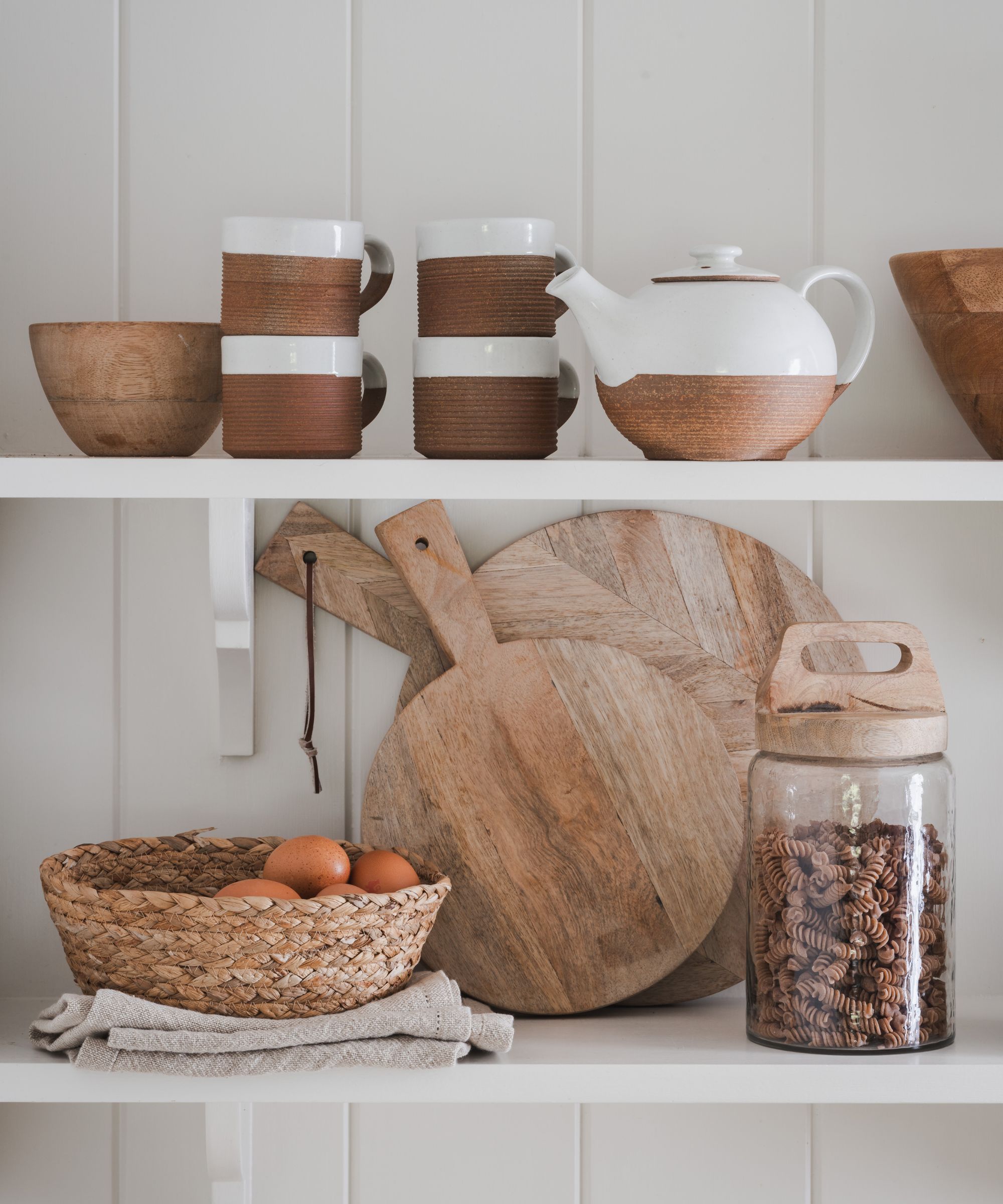
Cutting boards are one of the most commonly used items in the kitchen, and are usually fine to be cleaned as usual or put in the dishwasher. But, when washing cutting those used for raw meat and fish, sometimes a deeper clean is required to properly care for your cutting board.
'Citric acid is a fantastic cleaning product,' says Alex Varela, general manager of Dallas Maids. 'It's slightly abrasive and a mild deodorizer as well. I like the fact that it's powder so it's perfect to absorb moisture.
'I recommend using citric acid to clean cutting boards and remove odor in general. You can sprinkle some citric acid on a cutting board, let sit for two to three hours, rinse and let dry.'
Making time to do this every couple of weeks will ensure your cutting boards are sanitized and fresh, without the worry of harsh chemicals coming into contact with your food preparation areas.
4. Soap scum on shower doors
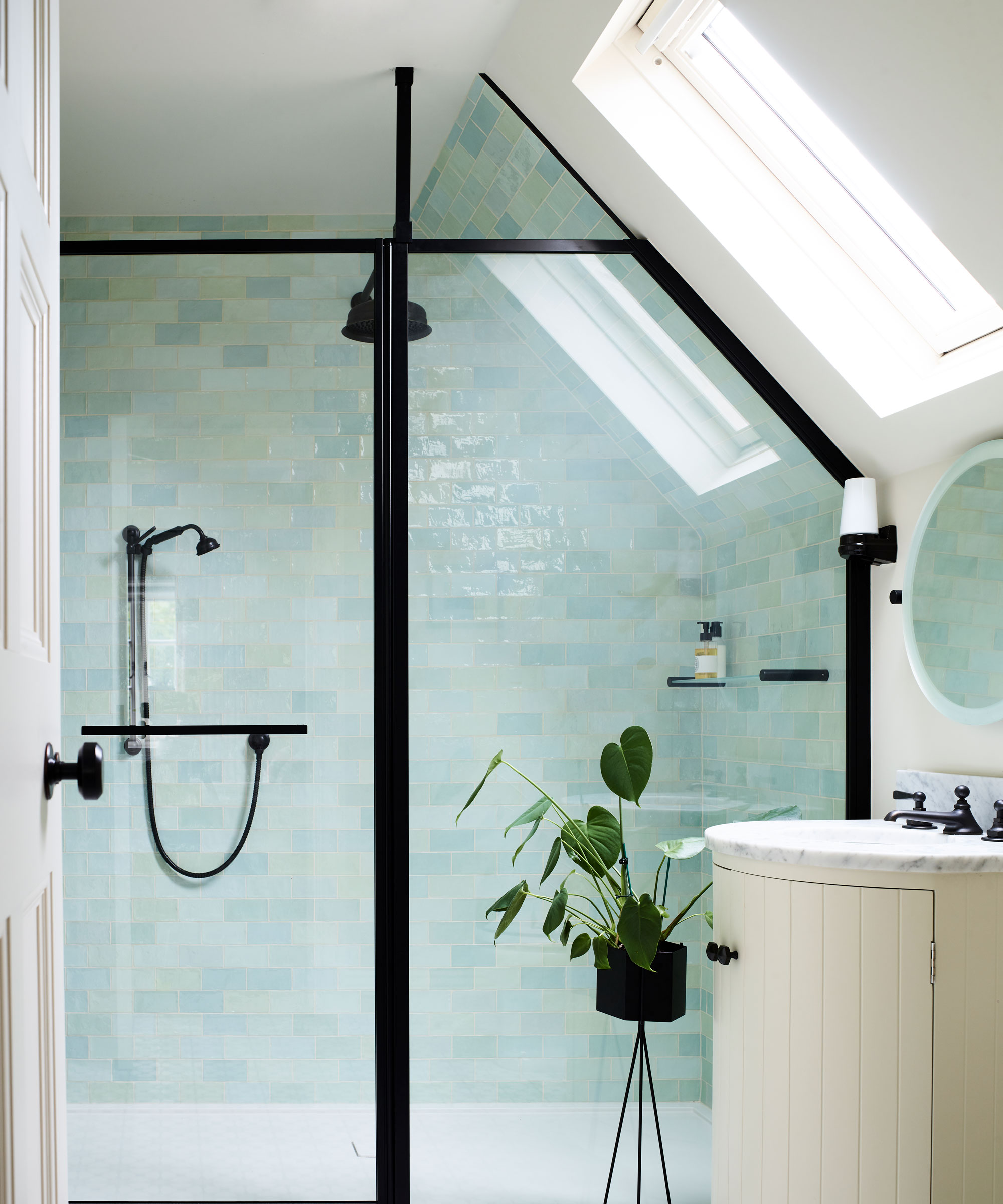
'If you would rather not use a commercial soap scum remover, then try spraying some diluted (one part citric acid to three parts water) onto your glass shower screen, leave for five minutes and wipe away – job done!' says Brown. 'It's ability to dissolve soap means that after doing this all sorts of doors will look much cleaner than they have done in ages.'
We also recommend using a squeegee to clean glass shower doors, such as the bestselling OXO Good Grips All-Purpose Squeegee available at Amazon, to wipe off any excess water and avoid water marks. If you squeegee off the tiles and glass every time you shower, before getting out, it will reduce the build-up and result in less frequent deep-cleaning required.
5. Unclog drains
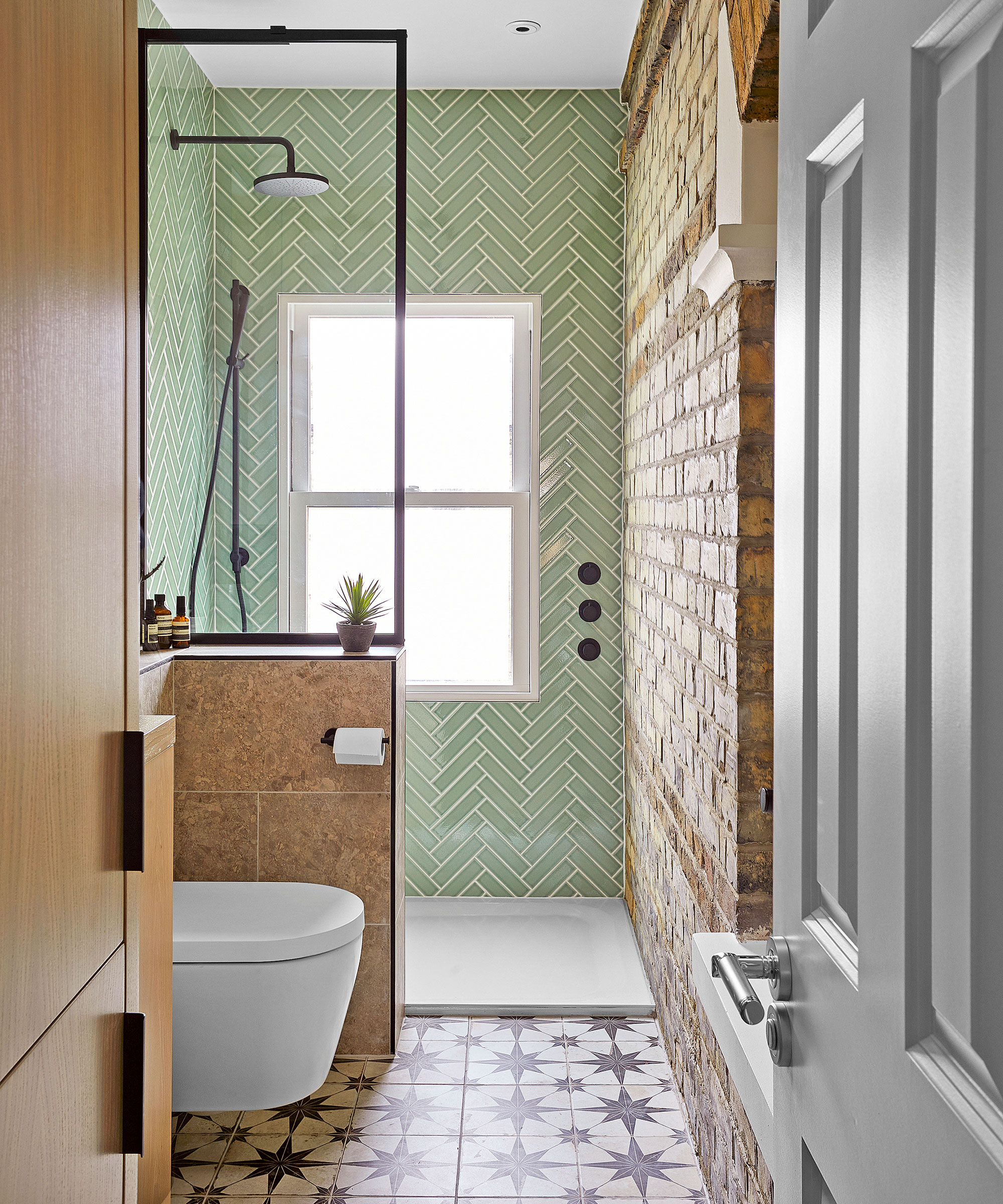
As bath and shower drains commonly clog up with soap and hair, they can become very difficult to unblock and clean, particularly if you don't want to use a harsh chemical cleaner to unclog your shower drain.
'Citric acid solutions are ideal for unclogging drains,' says Jones. 'Pour about half a cup of citric acid down drains followed by boiling water to lift hair clogs and soap build up.'
Doing this monthly as a maintenance task will keep your pipes clear and your drain clean, allowing your shower or bath to drain effectively after use and avoiding blockages occurring.
6. Greasy stoves and ovens
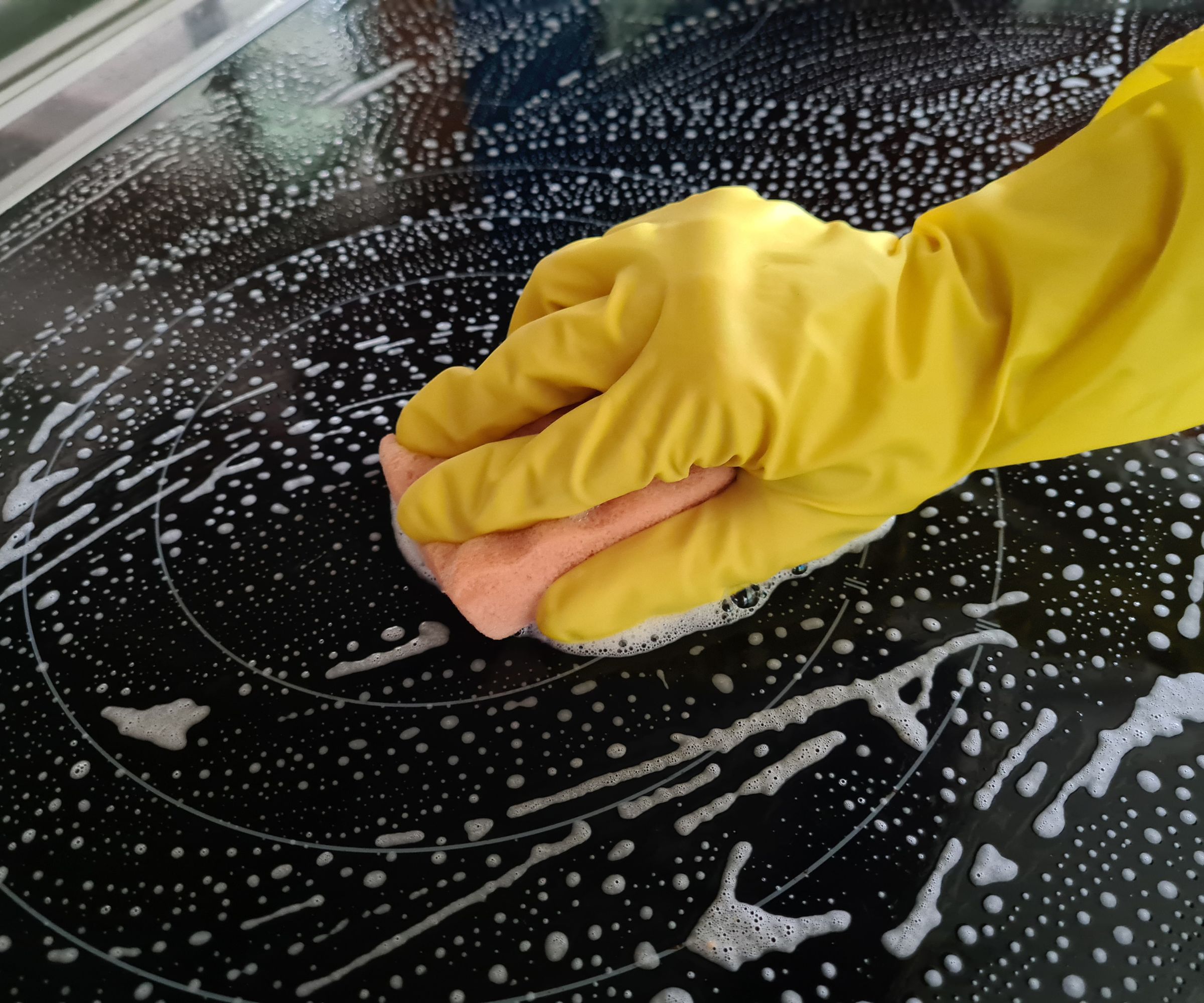
'Citric acid is a key ingredient in many commercial limescale removers and degreasers,' says Salvador Villarreal, owner of VIP Cleaners. 'For tough grease and grime in commercial kitchens, I recommend a solution of citric acid and detergent. Spray it on hoods, stoves and ovens, let sit and wipe clean. The acid breaks down baked-on messes.'
You can enjoy the same results residentially, using a soft sponge, such as the Scrub Daddy FlexTexture Scrubber available at Walmart, is an effective way to clean an oven, removing any stuck-on stains without scratching your surfaces.
FAQs
Is citric acid or vinegar better for descaling?
While both citric acid and vinegar work effectively as natural solutions for de-scaling, the lower pH of citric acid means there won't be any lingering odors, as there can be with the vinegar. It's worth noting once vinegar dries, the smell disappears. If you can't stand the smell when using it, try Originally Yellow's Lavender Scented Cleaning Vinegar from Amazon.
Either can be made into descaling solutions when mixed with water in equal parts.
How do you dilute citric acid for cleaning?
For cleaning, simply mix the anhydrous (powder) citric acid with water. The ratio will depend on what surface you are cleaning.
A 5% solution will be effective to descale and clean surfaces, whereas a 10% increased concentration should be used on any high-bacteria areas, such as a toilet bowl.
'While citric acid is a natural solution, always follow directions and take proper safety precautions,' says Villarreal. 'Wear gloves and ventilate the area. For the best results, test in an inconspicuous area first.'
You can also do your house clean with rubbing alcohol, as an alternative surface sanitizer and cleaner.

Ottilie joined Homes & Gardens last year, after finishing a Master's in Magazine Journalism at City, University of London. With previous contributions in Livingetc and Motorsport Magazine, she produces content for the Solved section on the website, focusing on clever tips and tricks to keep your home beautiful, organized, and clean, with particular expertise on all things home fragrance. She also has a Master's degree in English Literature and History of Art from the University of Edinburgh, where she developed a love for inspiring interiors and architecture.
